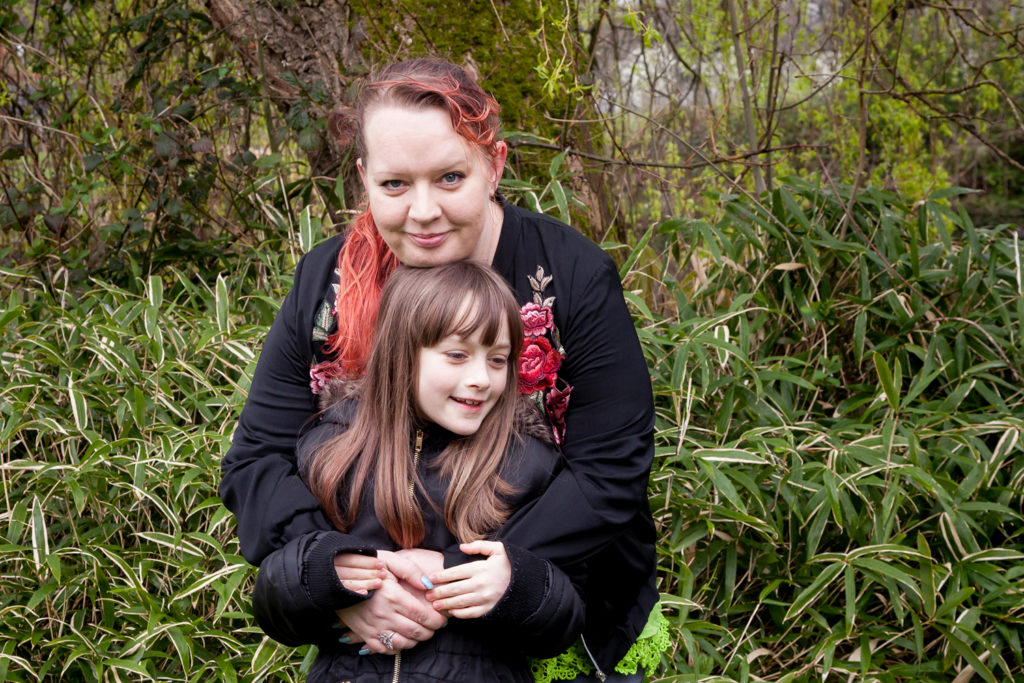Carer’s assessments: your needs as a carer
4 mins read
This advice applies across the UK.
You might be eligible for services to help you as a carer. To work out what your needs are, the local authority/trust will carry out a carer’s assessment.
In this article
Asking for a carer’s assessment
All parent carers in all the UK nations have a right to ask for an assessment of their needs at any time. This can be, for example, if your needs have changed – you may wish to take up education, training or employment.
You can ask for a carer’s assessment by contacting your local authority (in England, Scotland and Wales) or health and social care trust (in Northern Ireland).
You don’t need to have a diagnosis for your child to get an assessment or social care services. If your child needs help or support, social services should still make an assessment of their needs and yours.
Our helpline team have written a template letter to make a carer’s assessment request (England only) [DOC]. Address the letter to local authority’s Director of Children’s Services. You should be able to find contact details, including an email address, on your local authority’s website.
During the assessment
A carer’s assessment focuses on you as a parent and your needs, your wellbeing, health and safety issues and important commitments such as relationships, education and employment.
Your local authority/trust should consider work, education and leisure opportunities when you are being assessed. Examples of services that you might receive after a carer’s assessment include driving lessons, help with housework and gardening, emotional support and short breaks.
After the assessment
If your local authority/trust agrees that services should be provided, they should draw up a plan that sets out:
- What services will be provided.
- For how long you need the services.
- What the local authority plans to achieve by providing the services.
- What each person and agency is expected to do.
- The date of the next review.
The plan should be reviewed regularly to make sure any services remain appropriate.
The local authority/trust may decide there is no need for services, which could result in your case being closed with no further action taken. If you disagree with this decision, you can challenge it using the local authority’s complaints procedure.
Young carers and other relatives
Young carers – for example siblings of disabled children – can ask for an assessment of their needs if they are providing a substantial amount of care.
A young carer is anyone under 18 years old (or over 18 and still in school, in Scotland). In Scotland, there is additional support for young adult carers from age 18 – 25.
In England, the law says that assessment for a young carer is triggered where there is an ‘appearance of need’. That means it is not necessary for the young person to request this, so any assessment of you or your disabled child should take into account any brothers or sisters and whether they are providing care.
Young carers of school age can approach their teachers or school nurse for support.
Your needs as your child moves into adult services (England only)
If your child is turning 18, you might need support to prepare for the transition to adult services. Under the Care Act 2014 in England, you can ask for a child’s carer’s assessment ‘in transition’.
Young carers who are approaching the age of 18 are eligible for help in their own right under the Care Act. This is regardless of the age of their sibling.
When a young carer approaches their 18th birthday, they can ask for an assessment of their needs to find out what support can be put in place to help them achieve their aspirations, for example to go to college or work.
We cover this in more detail on our page on moving into adult services.
Related information
Factsheet: Carers’ assessments – help for parent carers in England
Download nowParent guide: Services and support from your local authority – England
Download now
Carer’s Allowance
Carer's Allowance is the main benefit for carers who provide at least 35 hours of care per week.
Read moreHow to access services
Carer’s assessments: your needs as a carer
Personal budgets and direct payments